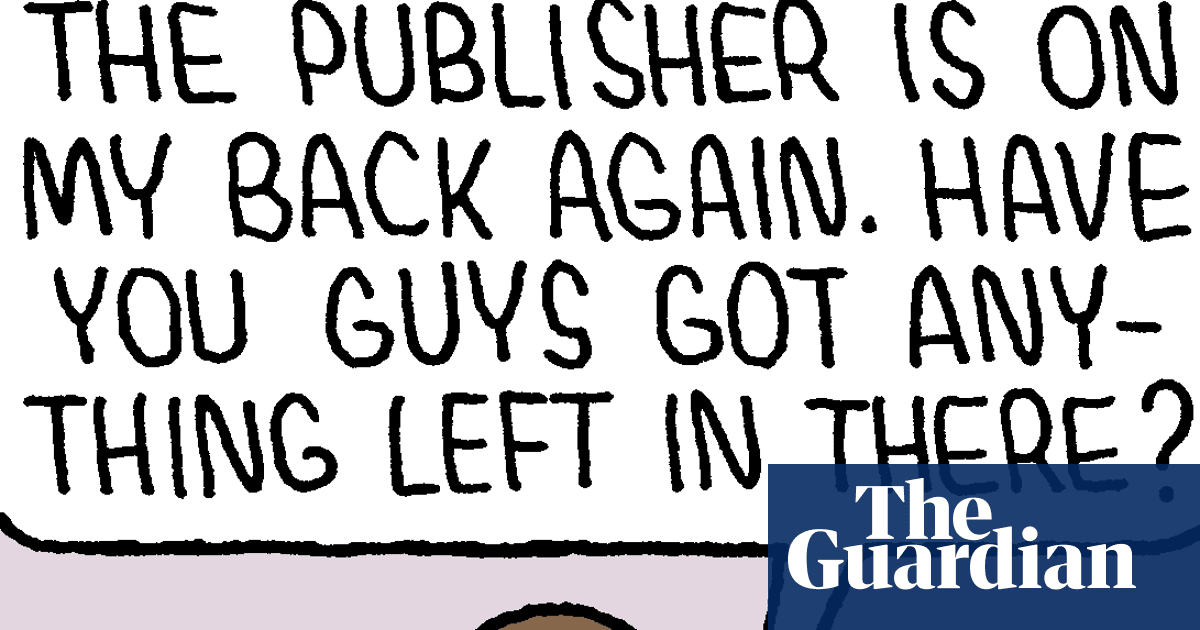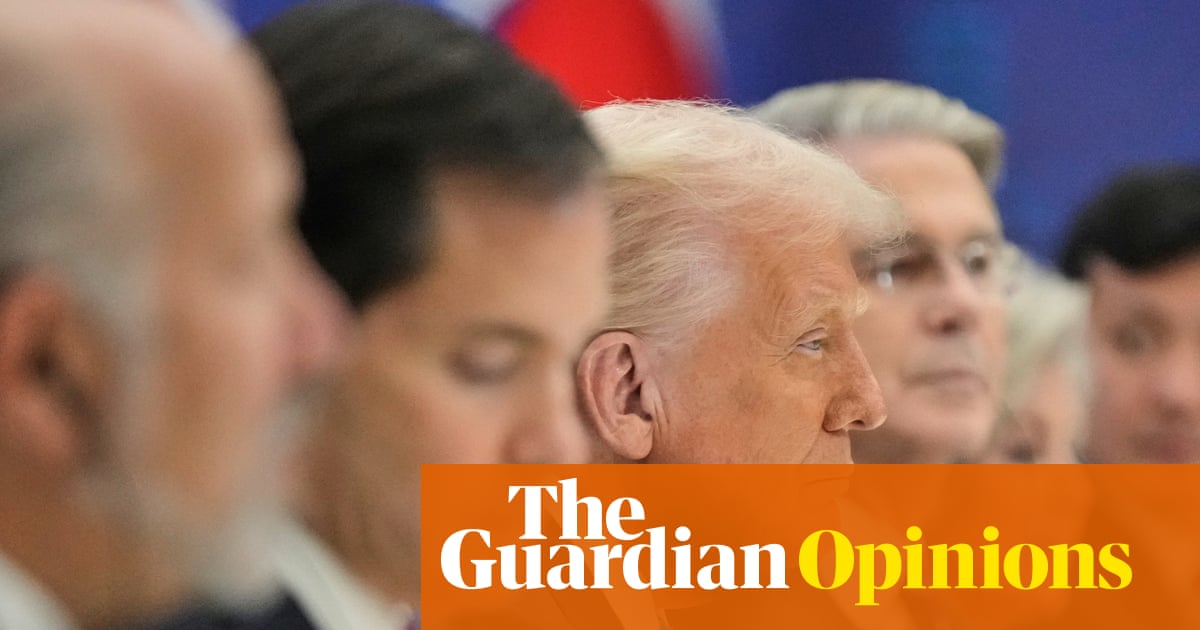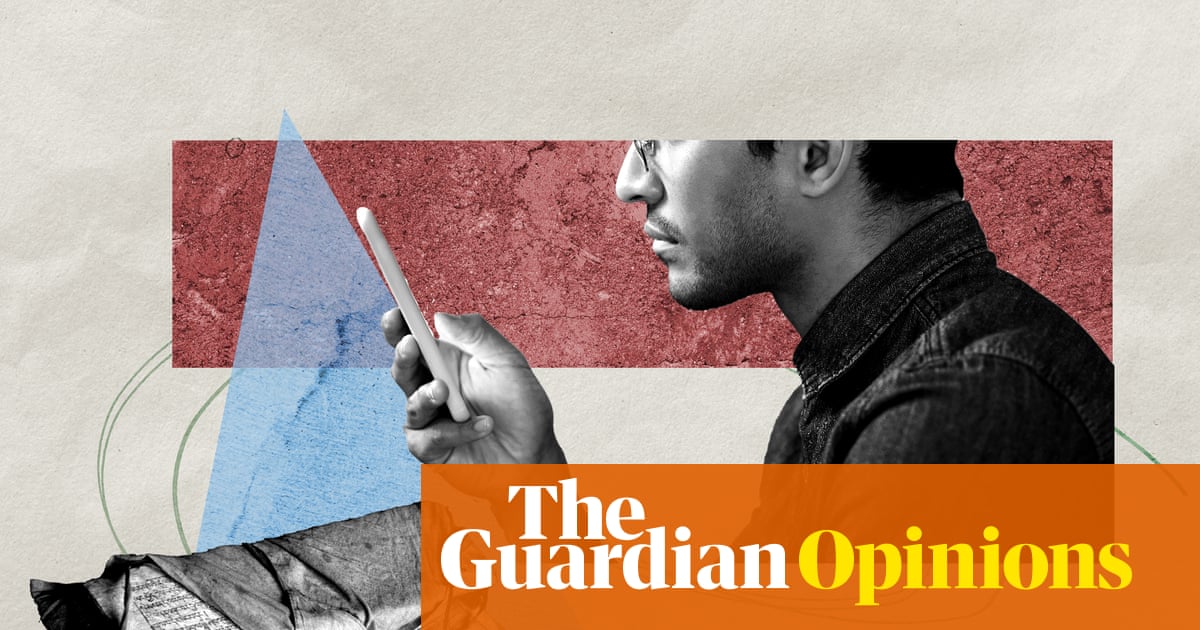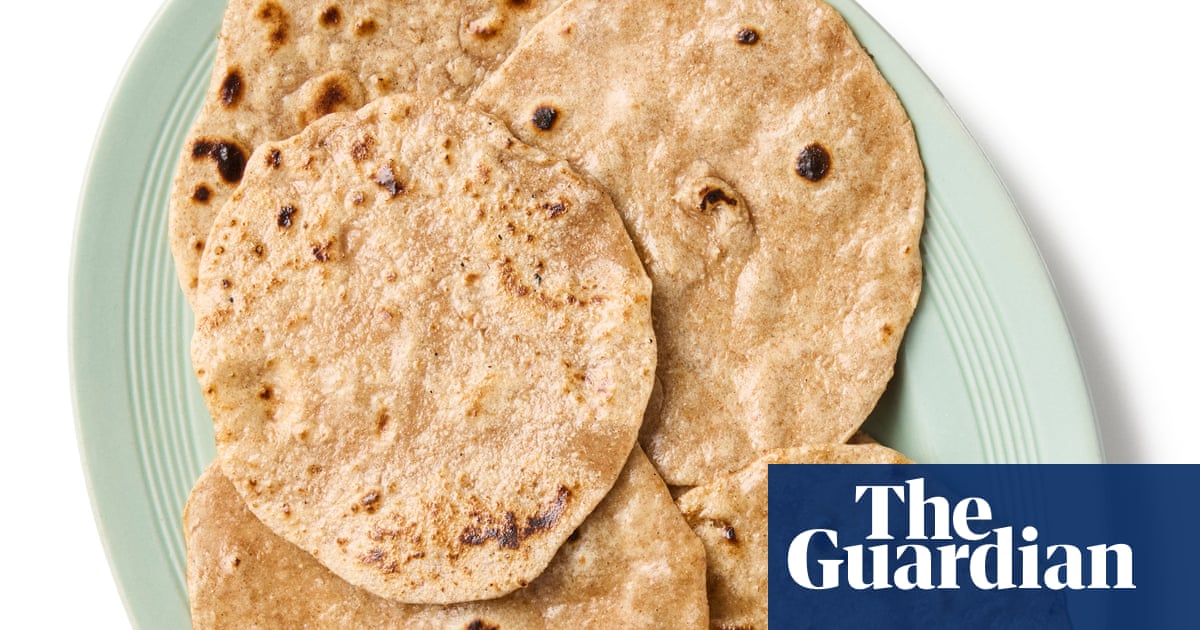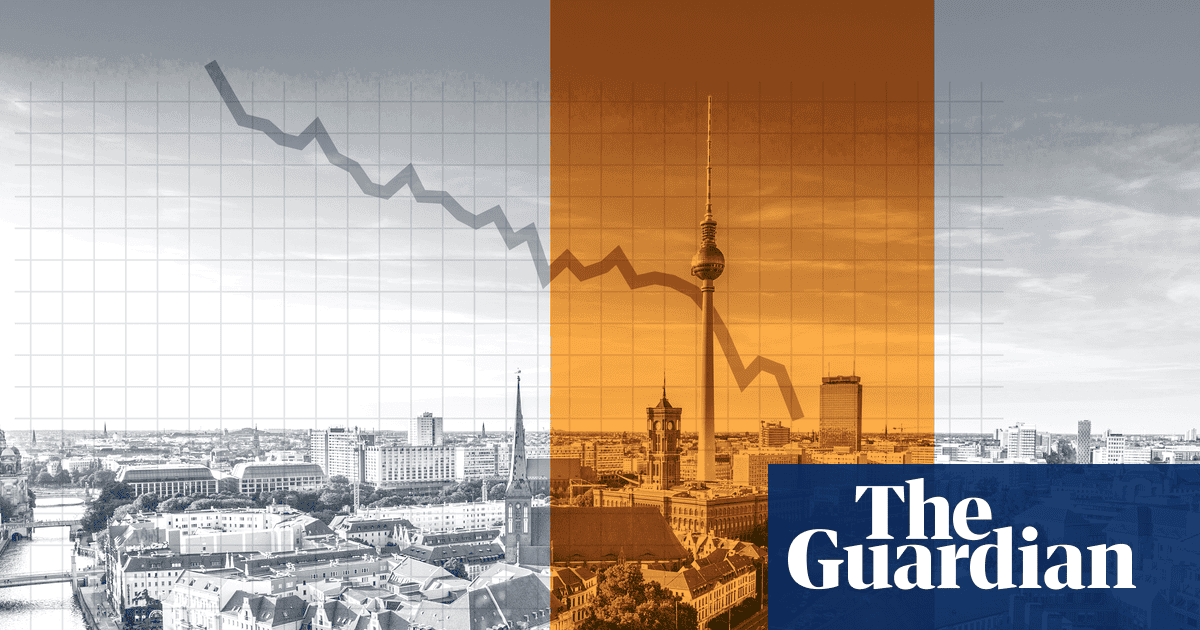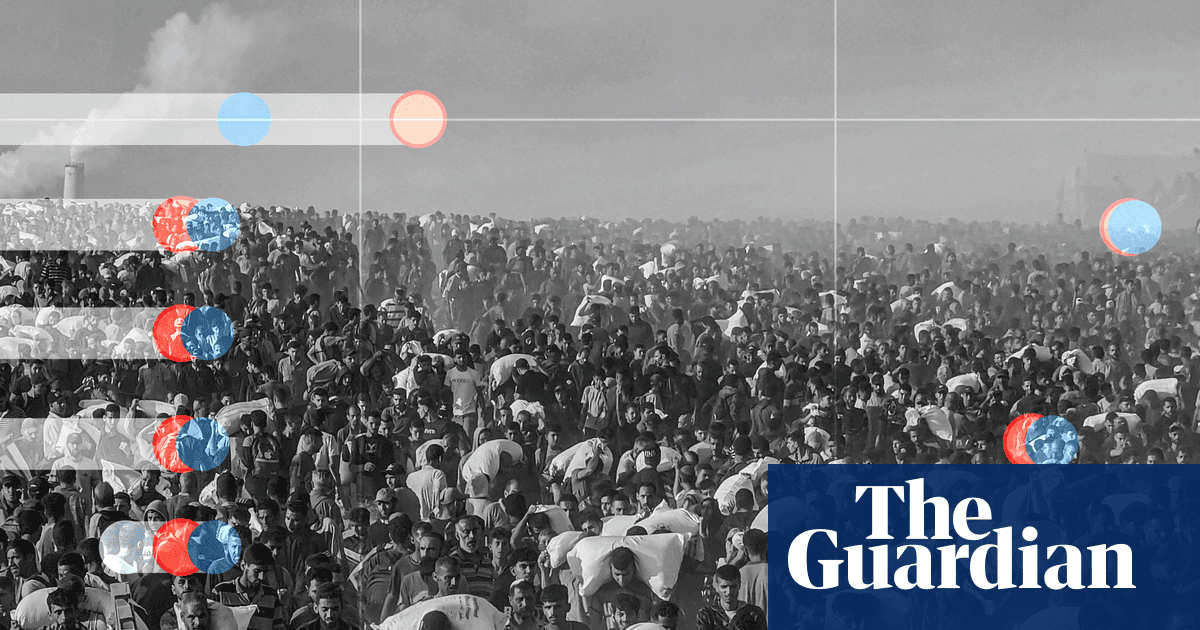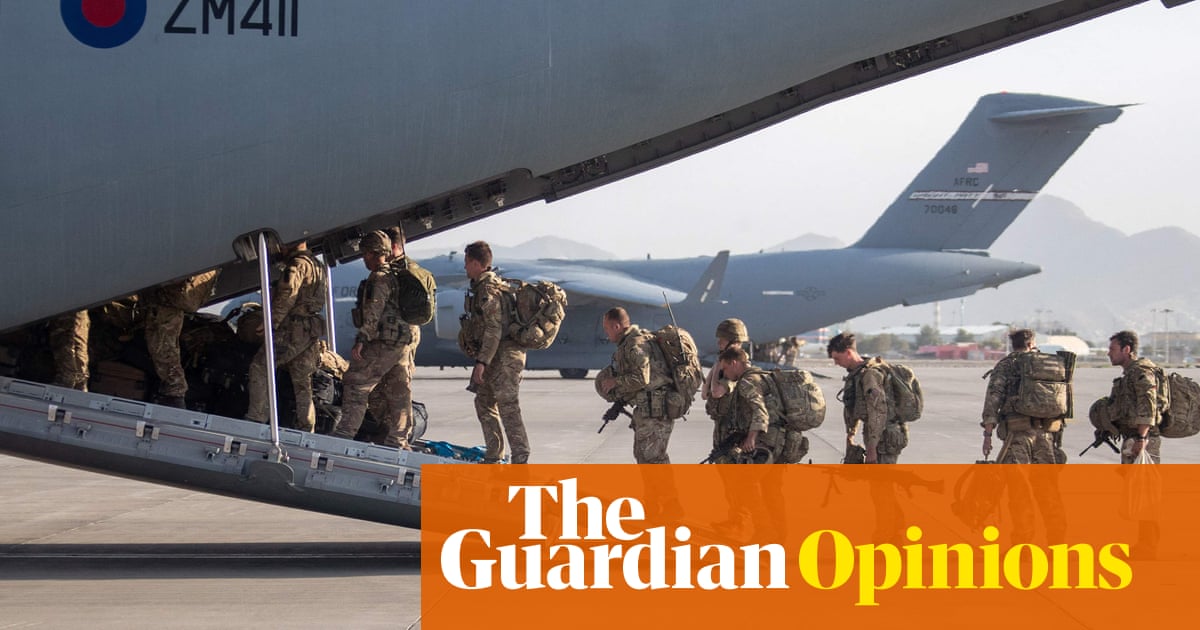Donald Trump’s 1 August tariffs deadline did what it was always intended to do. It kept the markets and the nations guessing amid last-minute uncertainty. It attempted to reassert the global heft of the United States economy to take on and master all comers. And it placed President Trump at the centre of the media story, where he always insists on being.
In the event, there were some last-minute agreements struck this week, few of them fair or rational in trade terms, most of them motivated by the desire to generate some commercial order. Some conflicts are still in the balance. There were 11th-hour court challenges too, disputing the president’s very right to play the trade war game in this way.
Even now, no one, probably including Mr Trump himself, knows whether this is his administration’s last word on US tariffs. Almost certainly not. That’s because Mr Trump’s love of tariffs is always more about the assertion of political clout rather than economic power. Mr Trump’s antipathy towards the European Union drives one example. The pact agreed by Ursula von der Leyen in Scotland last weekend underlines that the EU’s aspirations as a global economic superpower exceed its actual clout. The EU could not prevent Mr Trump making European goods 15% more expensive if they sell on US markets. Nor could it stop Mr Trump getting EU tariffs on US goods withdrawn.
Equally eloquent about the global balance of economic power is that Mr Trump has not been able to force China to bend the knee in the manner of the EU. China has responded aggressively to Trump’s tariff threats, retaliating with tariffs of its own and blocking the sale of commodities, including rare-earth minerals, that the US most covets. Unsurprisingly, this standoff has not produced one of Mr Trump’s so-called deals. Friday’s deadline has been reset for later in the month. It would be no surprise if it was eventually pushed back further.
Mr Trump is not imposing tariffs on the rest of the world in order to promote global trade or even to boost the US economy. He is doing it, in part, because Congress has delegated this power to him, allowing the president to impose or waive tariffs at will. He uses this power for many purposes. These include raising government income without congressional oversight and also, because tariffs are regressive, shifting the tax burden away from the very rich, like Mr Trump himself, on to the middle and working class.
But economics also comes way down the field in the list of reasons why Mr Trump is wielding the tariff weapon internationally. US talks with Brazil – with which the US runs a trade surplus, not a deficit – have been hijacked by Mr Trump’s grievance over the prosecution of its former president Jair Bolsonaro for trying to overturn his 2022 election defeat. Talks with India are deadlocked because Mr Trump wants to penalise Delhi for buying energy and weapons from Russia. Those with Canada have been hit by Mr Trump’s objections to Ottawa’s plan to recognise Palestine.
The ultimate test of the policy, however, will indeed be economic. For now, financial markets appear to have decided that Mr Trump’s tariffs are manageable. If tariffs now raise the cost of goods on US high streets, slowing growth and feeding inflation, as they may, the wider market response could change quickly. In that event, the mood among American voters might even shift too.
-
Do you have an opinion on the issues raised in this article? If you would like to submit a response of up to 300 words by email to be considered for publication in our letters section, please click here.

 3 months ago
44
3 months ago
44




